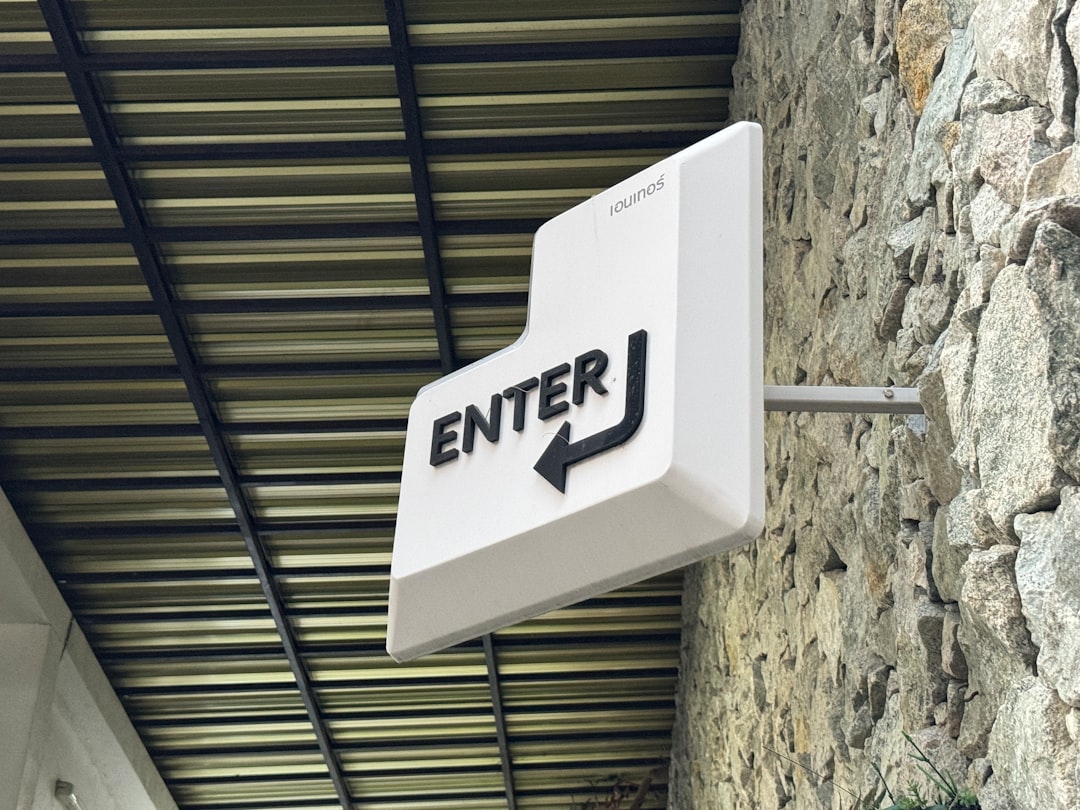Choosing the right ERP system is a critical decision for any business. With numerous options available, it’s essential to compare features, flexibility, pricing, and scalability to find the best fit.
Odoo stands out as an open-source, modular ERP with an extensive suite of applications. However, how does it compare to other leading ERP systems like SAP, Microsoft Dynamics, and NetSuite?
This feature-by-feature comparison will help businesses make an informed decision about the best ERP solution for their needs.
1. Pricing: Cost-Effectiveness vs. Licensing Fees
| ERP System | Pricing Model | Cost Considerations |
|---|---|---|
| Odoo | Open-source (Community) + Subscription (Enterprise) | Lower initial cost (Community version is free) and affordable pricing for the Enterprise version. |
| SAP Business One | Per-user licensing + Implementation Fees | High initial costs and complex pricing, making it expensive for SMBs. |
| Microsoft Dynamics 365 | Subscription-based (per user, per month) | Moderate to high costs, depending on modules and number of users. |
| Oracle NetSuite | Subscription-based + Implementation Fees | Expensive for smaller businesses but scalable for large enterprises. |
💡 Verdict: Odoo offers the most cost-effective solution, especially for small and medium businesses.
2. Features & Modules: Comprehensive vs. Specialized
| Feature | Odoo | SAP Business One | Microsoft Dynamics 365 | NetSuite |
|---|---|---|---|---|
| Accounting | ✅ Yes | ✅ Yes | ✅ Yes | ✅ Yes |
| CRM | ✅ Yes | ✅ Yes | ✅ Yes | ✅ Yes |
| Inventory Management | ✅ Yes | ✅ Yes | ✅ Yes | ✅ Yes |
| HR & Payroll | ✅ Yes | ✅ Yes | ✅ Yes | ✅ Yes |
| Manufacturing (MRP) | ✅ Yes | ✅ Yes | ✅ Yes | ✅ Yes |
| eCommerce Integration | ✅ Yes (Native) | ❌ No (3rd-party) | ✅ Yes | ✅ Yes |
| Customization | ✅ High (Open-source) | ❌ Limited | ✅ Moderate | ❌ Limited |
| Ease of Use | ✅ Intuitive | ❌ Complex | ✅ Moderate | ❌ Complex |
💡 Verdict: Odoo offers a broader range of features with higher flexibility due to its modular design and open-source architecture.
3. Customization & Flexibility
- Odoo: Highly customizable due to its open-source nature. Developers can modify, add, or remove features.
- SAP Business One: Limited customization without high development costs.
- Microsoft Dynamics 365: Offers some customization, but requires Microsoft ecosystem expertise.
- NetSuite: Customization is possible but at high costs due to proprietary software restrictions.
💡 Verdict: Odoo wins in customization due to open-source flexibility, allowing businesses to tailor the system to their needs.
4. Deployment Options: Cloud vs. On-Premise
| ERP System | Cloud | On-Premise | Hybrid |
|---|---|---|---|
| Odoo | ✅ Yes | ✅ Yes | ✅ Yes |
| SAP Business One | ✅ Yes | ✅ Yes | ❌ No |
| Microsoft Dynamics 365 | ✅ Yes | ❌ No | ❌ No |
| NetSuite | ✅ Yes | ❌ No | ❌ No |
💡 Verdict: Odoo provides the most flexible deployment options, including on-premise, cloud, and hybrid, making it adaptable for different business needs.
5. Integration & Ecosystem
| ERP System | Integration with 3rd-Party Apps | API Support |
|---|---|---|
| Odoo | ✅ Large App Store (Odoo Apps) | ✅ Strong API & open-source |
| SAP Business One | ✅ Limited 3rd-party support | ❌ Complex API structure |
| Microsoft Dynamics 365 | ✅ Microsoft ecosystem only | ✅ API available |
| NetSuite | ✅ Requires SuiteApp marketplace | ❌ Proprietary API |
💡 Verdict: Odoo’s app ecosystem and open API provide superior integration options compared to proprietary ERPs.
6. Scalability & Best Fit for Business Size
| Business Size | Odoo | SAP Business One | Microsoft Dynamics 365 | NetSuite |
|---|---|---|---|---|
| Small Business | ✅ Best Choice | ❌ Overkill | ❌ Expensive | ❌ Expensive |
| Medium Business | ✅ Best Choice | ✅ Good | ✅ Good | ❌ Costly |
| Large Enterprise | ✅ Scalable | ✅ Best for Enterprises | ✅ Best for Enterprises | ✅ Best for Enterprises |
💡 Verdict: Odoo is the best choice for small to mid-sized businesses, while SAP and Microsoft Dynamics are better suited for large enterprises.
Final Verdict: Which ERP is Right for You?
-
Choose Odoo if:
✅ You need a cost-effective, modular, and highly customizable ERP.
✅ You prefer open-source flexibility and want to control your system.
✅ You are a small or medium business looking for a scalable solution. -
Choose SAP Business One if:
✅ You are a large enterprise with complex processes and a big budget.
✅ You need rigid corporate structures with predefined workflows. -
Choose Microsoft Dynamics 365 if:
✅ You are already invested in the Microsoft ecosystem (e.g., Azure, Office 365).
✅ You need strong CRM and financial reporting tools. -
Choose NetSuite if:
✅ You are a global enterprise looking for cloud-based ERP with advanced finance tools.
✅ You require multi-company consolidation and international compliance.
Conclusion
Odoo provides a cost-effective, flexible, and feature-rich ERP solution, making it an excellent choice for small to medium businesses and even scalable for larger enterprises. Its open-source nature allows businesses to customize and integrate with ease.
If you’re considering Odoo for your business, Bastaki can help you with implementation, customization, and ongoing support.
📞 Contact us today to find out how Odoo can streamline your business operations!










0 Comments